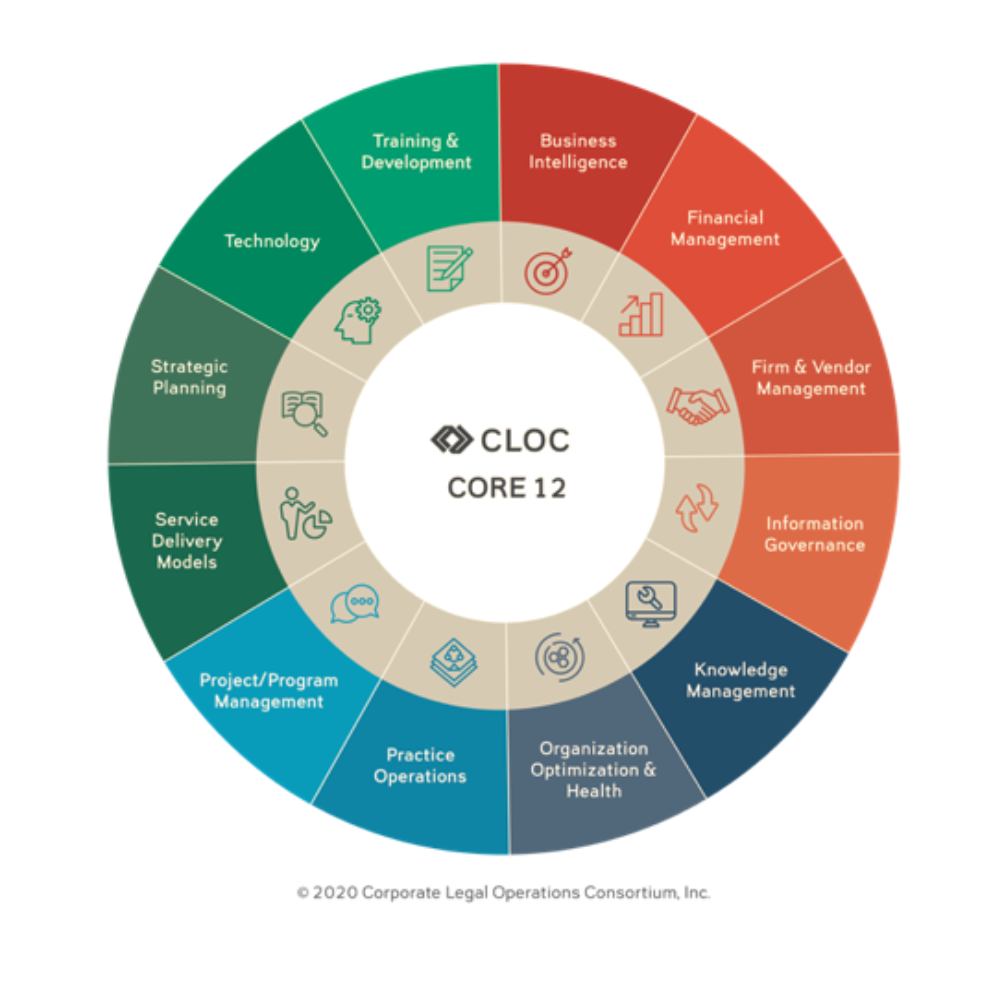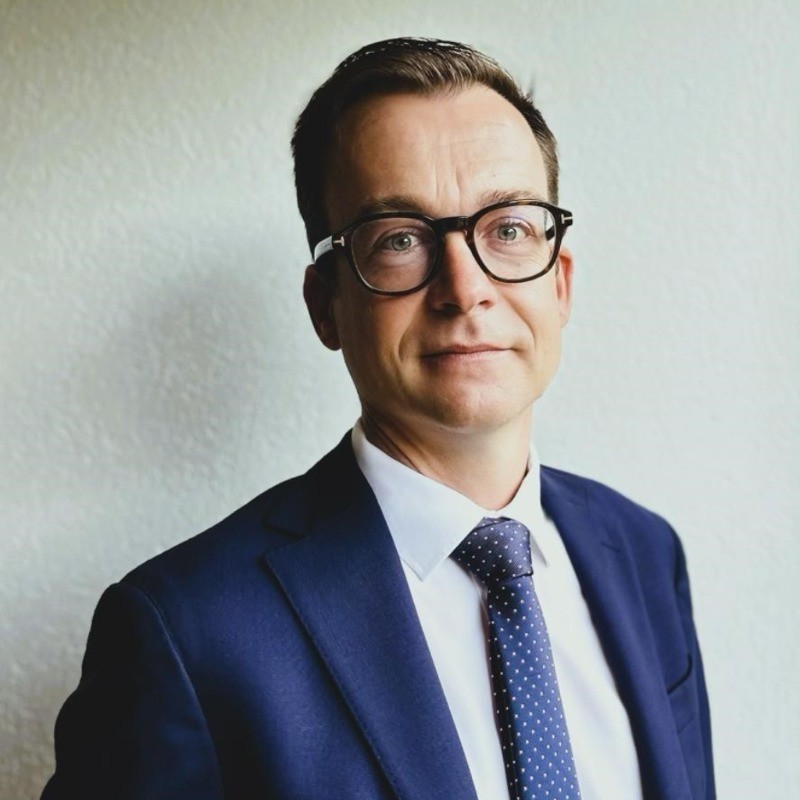Legal operations and legal innovation are very closely interlinked, legal innovation being the area that offers “another way of looking at long-existing problems”. Sometimes that new way of viewing things is technology-driven, though not always. That kind of innovation has always been running through my veins. While working as a corporate lawyer at Freshfields, I was seconded to the London innovation team for six months.
But even before that, I have always been the geek who was testing new products or features and trying to enthuse others to become early adopters just like me, often in vain. No wonder I was also often the thorn in people’s side, challenging the status quo.
Starting the Legal Operations Lab at Ask Q was a dream come true for me. For someone like me, there is no better place to be since I can combine three things that I am profoundly passionate about: improving service levels (including legal services), getting things done (more efficiently) and innovation.
What challenges do you see in the market today?
More and more legal teams are really beating their head against a brick wall and that worries me The causes are also relatively easy to identify. After all, the world is getting more complex, and pressure on legal teams is rising rapidly while legal talent continues to be in extremely high demand. That sounds like a perfect storm, doesn’t it?
The type of solutions that got us this far (mainly working harder or hiring harder) won’t do the trick anymore. What we need to do now is look at long-existing problems through a new lens, which is exactly what legal operations is about.
What are the solutions the Legal Operations Lab offers?
The Corporate Legal Operations Consortium (CLOC) compiled a very useful overview of the 12 core functions in legal operations.

Of course, the Legal Operations Lab focuses on only some of them. Well, we are very ambitious so maybe one day we will also take on some of the others, but that is not the case right now. Currently, our focus is on sourcing strategy, knowledge management and technology (implementation). These are the capabilities or functions, but they translate into tangible results, such as retaining and sharing knowledge and improving and optimizing certain workstreams by incorporating a healthy mix of alternative sourcing and technology. A concrete example of how we implement knowledge management for Gimv can be found here.
We tackle these areas in a hands-on way, so please don’t expect us to draft long management reports or corporate slide decks. It is essential to start every new project with our eyes wide open and the best way to do that is through stakeholder interviews and workshops. That sounds simple but asking the right people the right questions is the most challenging part of the exercise.
Soon after, we define the scope and implement our solution in a lean and mean manner. That’s another thing we have noticed. To get things done, it is best to… well, do things. In other words, we offer people quick wins, so they can embrace change right from the start. From experience, we know our client’s biggest bottleneck is time, so what we do is take that bottleneck away.
What separates the Legal Operations Lab from similar service providers?
Let’s face it, the areas we focus on are relatively new. Of course, people have been talking and tweeting about them for many years, but what we have noticed is that the actual implementation only started taking place recently and real change is only starting to happen now. That is why at the present time, Legal Operations is often described as a blue ocean, in which only a few professional players are active. As a result, the service providers focusing on legal operations share the urge to evangelize rather than be tough competitors.
But of course, some specific characteristics set us apart from other players in the market. The most prominent one is probably that ‘we’ve been there’. We all have been working as lawyers or in-house counsel so we know what our client is talking about. We also know what inspired us and what kind of approach knocked our enthusiasm down when change was coming. That is why under our approach, getting things done will always prevail over complex consultancy methodology.
Apart from that, there is one unique combination that sets us apart from any other player in the market: our link to the other offerings and labs of Ask Q.
So many times, we’ve seen that templates, playbooks, knowledge management or training for the business are a perfect way of reducing workload. But whenever change takes place, the saying goes that it is “ugly in the middle”. What is required therefore is to make extra effort early on, in order to reduce pressure down the line, which is why many change projects fail in the embryonic stage. There is simply no room in the legal team’s work schedule to make that extra effort. That’s where we can go the extra mile. The simple fact that people from the Contracts Lab or other Ask Q consultants can step in and lend a hand doing that kind of work is why many companies look at Ask Q as a match made in heaven.
What type of clients do you work for?
There is not one specific industry or size of company we work for. There is one specific personality we work for: visionary counsels who want to do things differently and think outside the box.
The Legal Operations Lab also works for law firms, since they face the exact same problem as legal departments.
Who is the Legal Operations Lab Team?
The Legal Operations Lab team comprises a complementary team of specialists. We all have a passion for solving complex problems and together, we bring together a broad range of skills to translate the needs of the legal team into concrete solutions.
For example, when it comes to those skills, I have been working with computers and technology ever since I was a small child. I built my first PC when I was ten and started building websites and programs soon after. When I worked as a lawyer at Freshfields Bruckhaus Deringer, I was seconded to the innovation team in London. I learned much about complementing those tech skills with other skills, such as project management (as a certified Scrum product owner) and change management. That’s where I learned that technology is often overemphasized within the broader solution to a problem.
My colleague Dieter started his career as a lawyer at Allen & Overy and later founded his own company within the legal recruitment sector. He eventually sold his company and moved on to start other businesses, such as a serious games agency that developed educational video games. We now use gamification techniques to create the right incentives, to ensure that people find it easier to adopt change.
Today, everybody is talking about Legal Tech. Is it really happening now?
Legal tech is hot, we agree. And that’s certainly what we will say if legal technology is part of the solution. But that’s only the starting point. We have worked with many tools ourselves and will advise on which one is the best. So yes, we have the IT competencies to help you implement the tool. Even if you need helping hands to populate the tool, we are here to provide the support you need to get you through the “ugly middle”.




